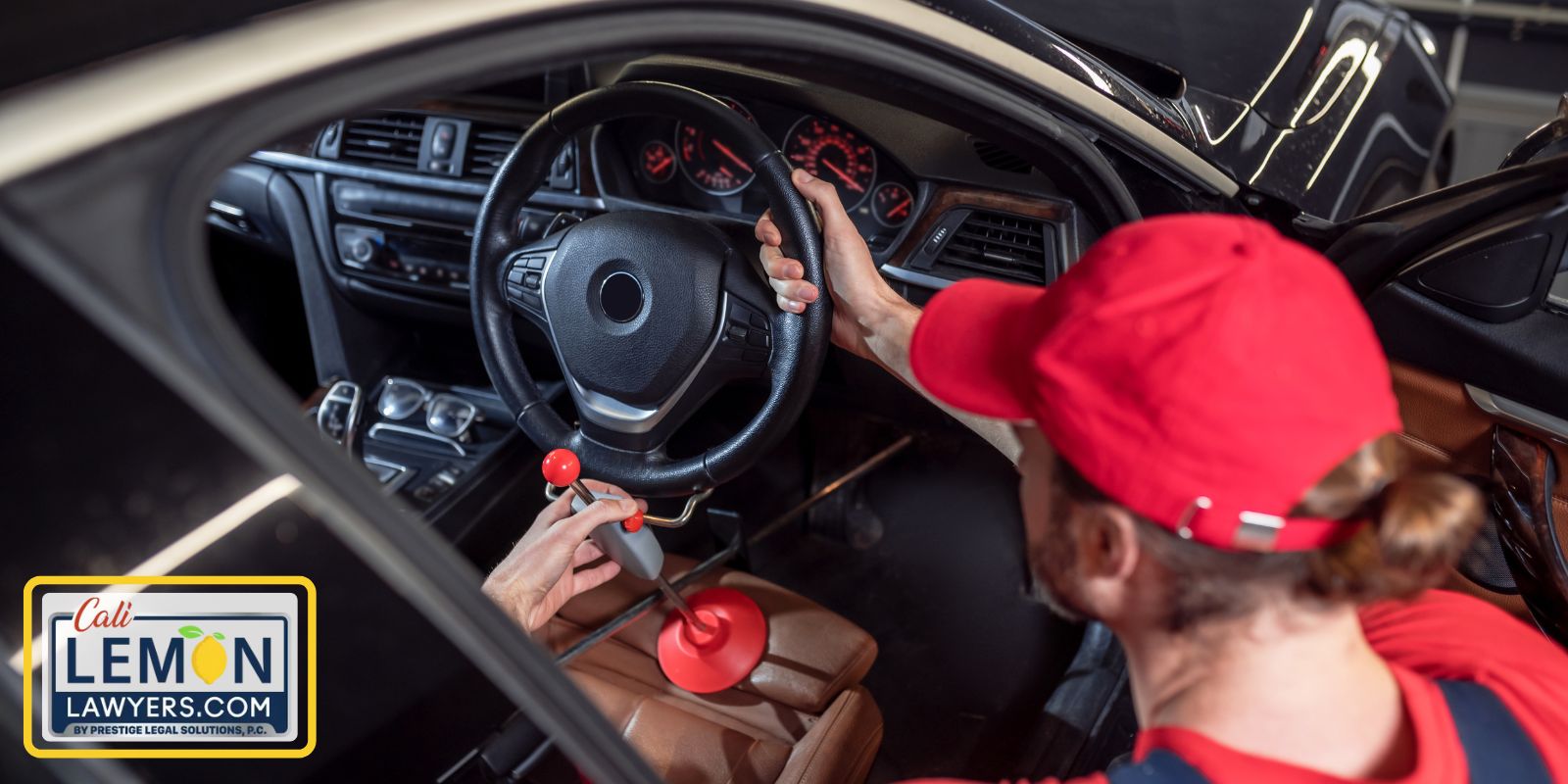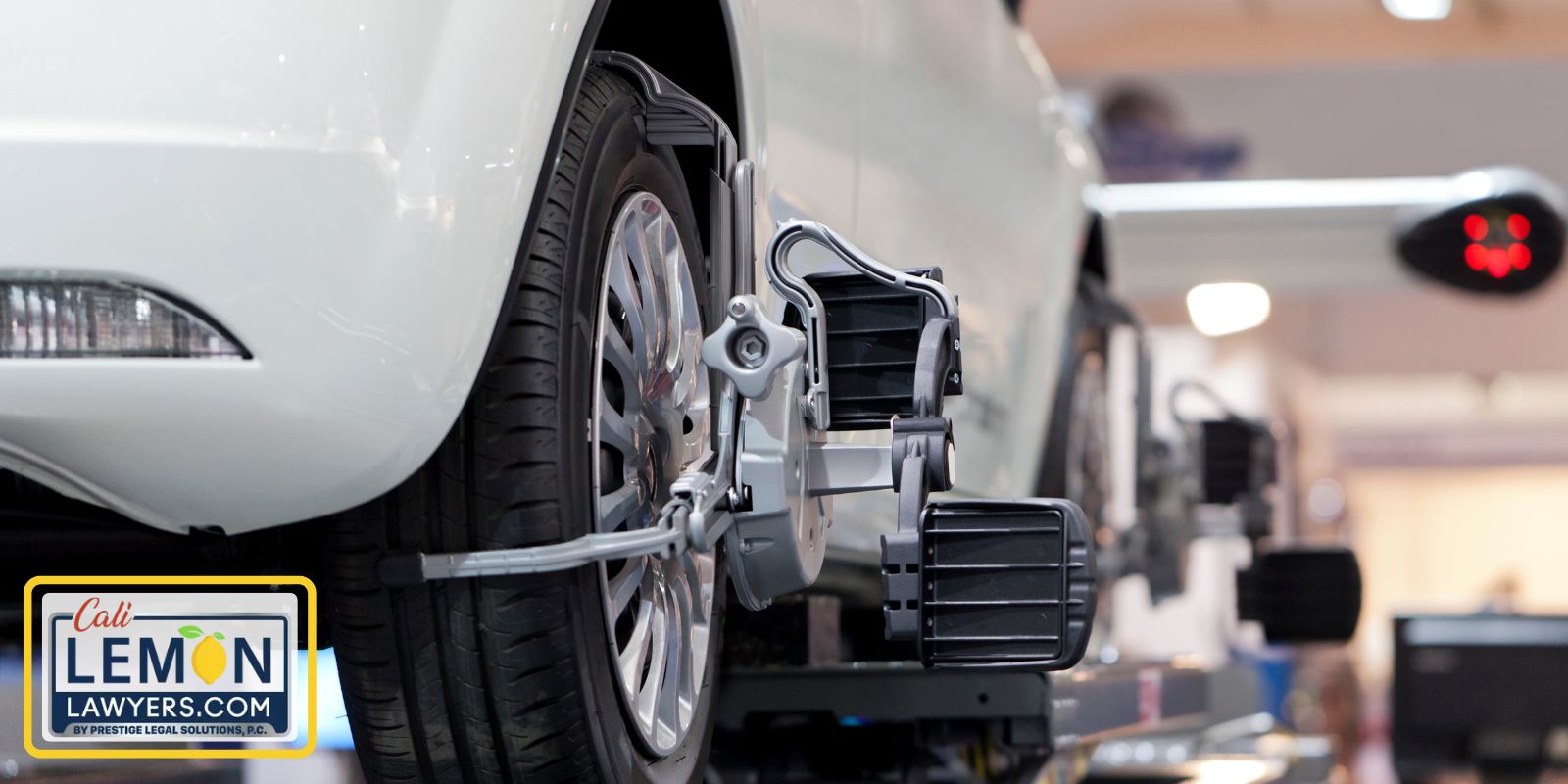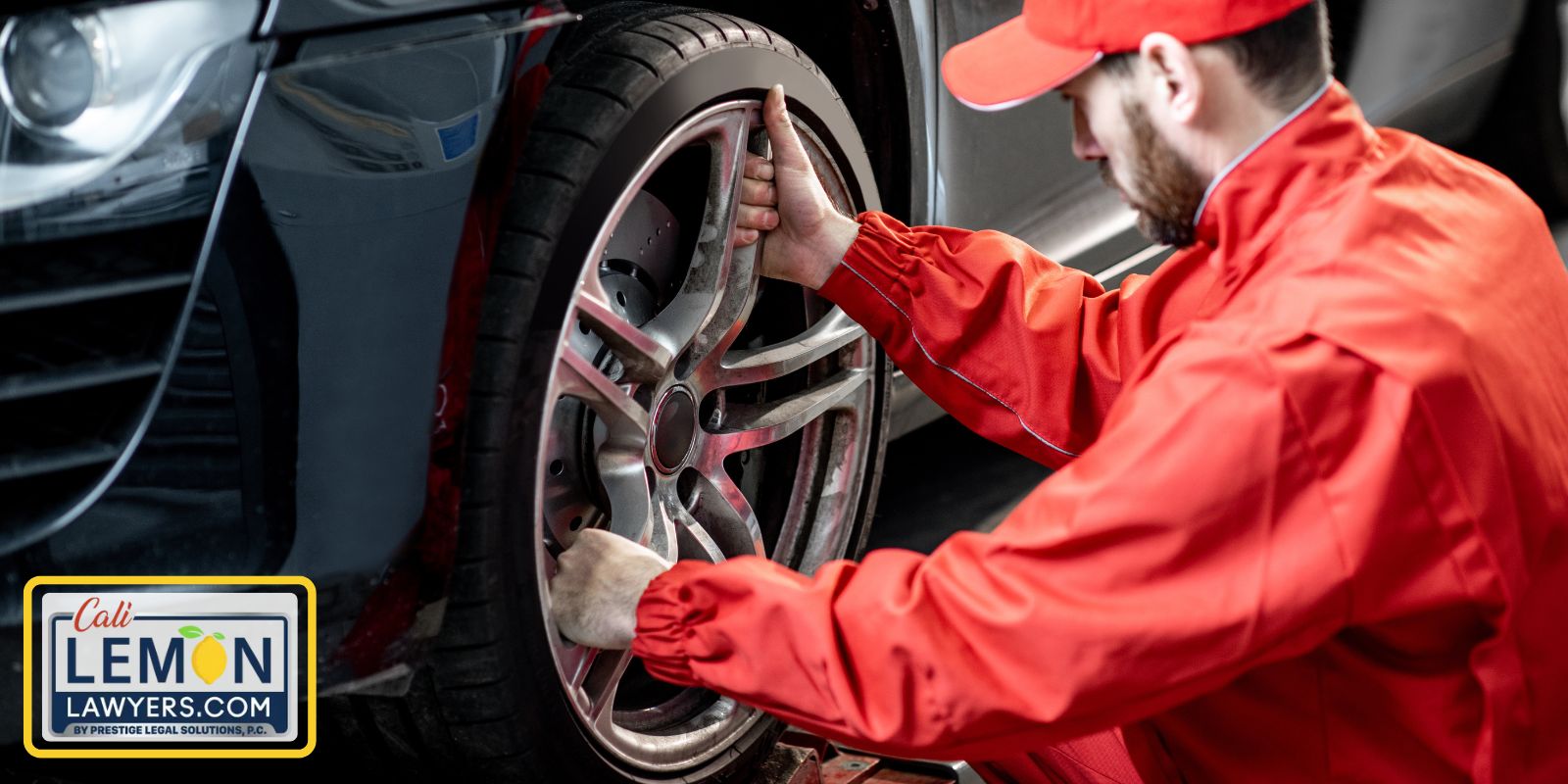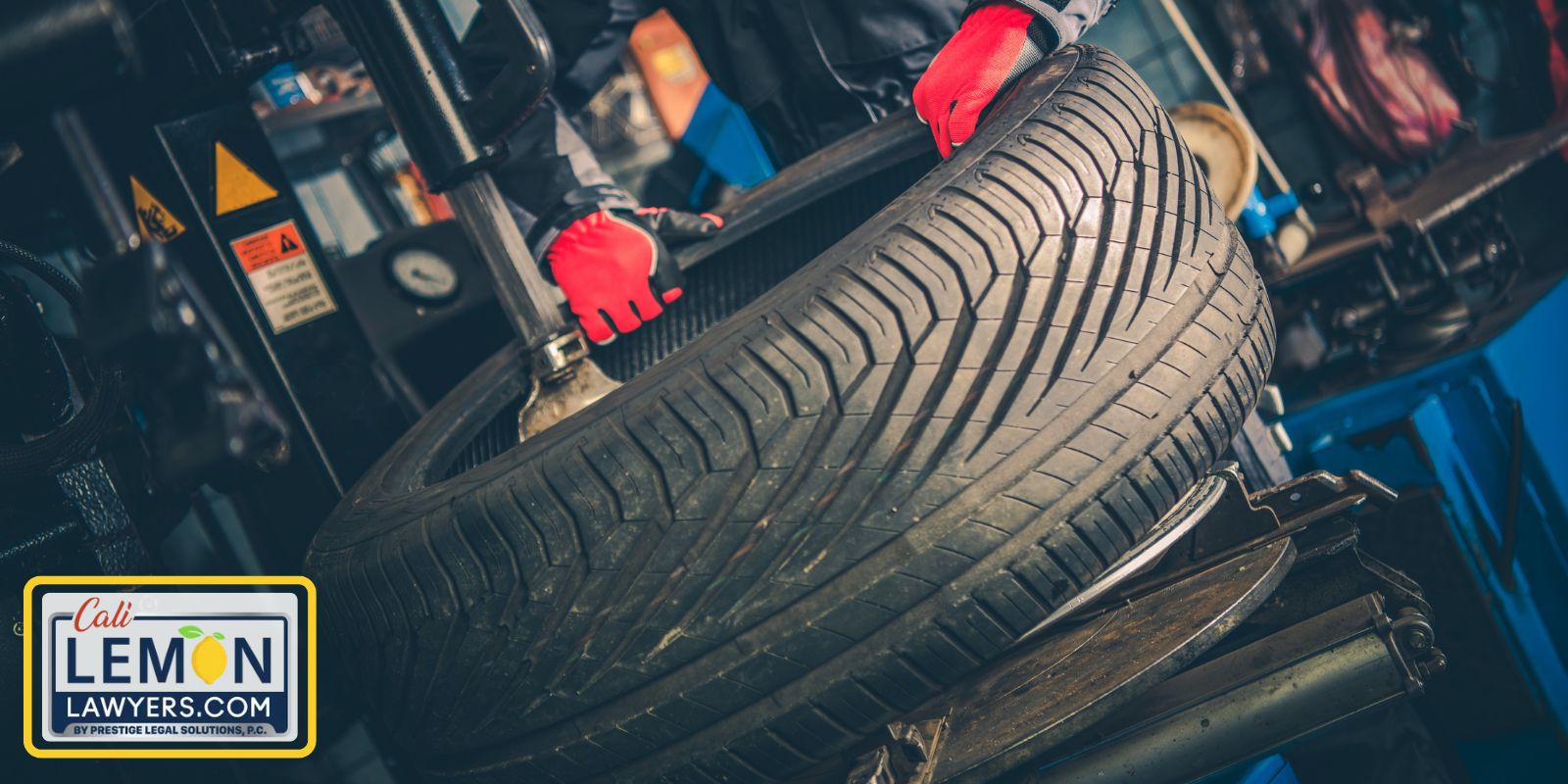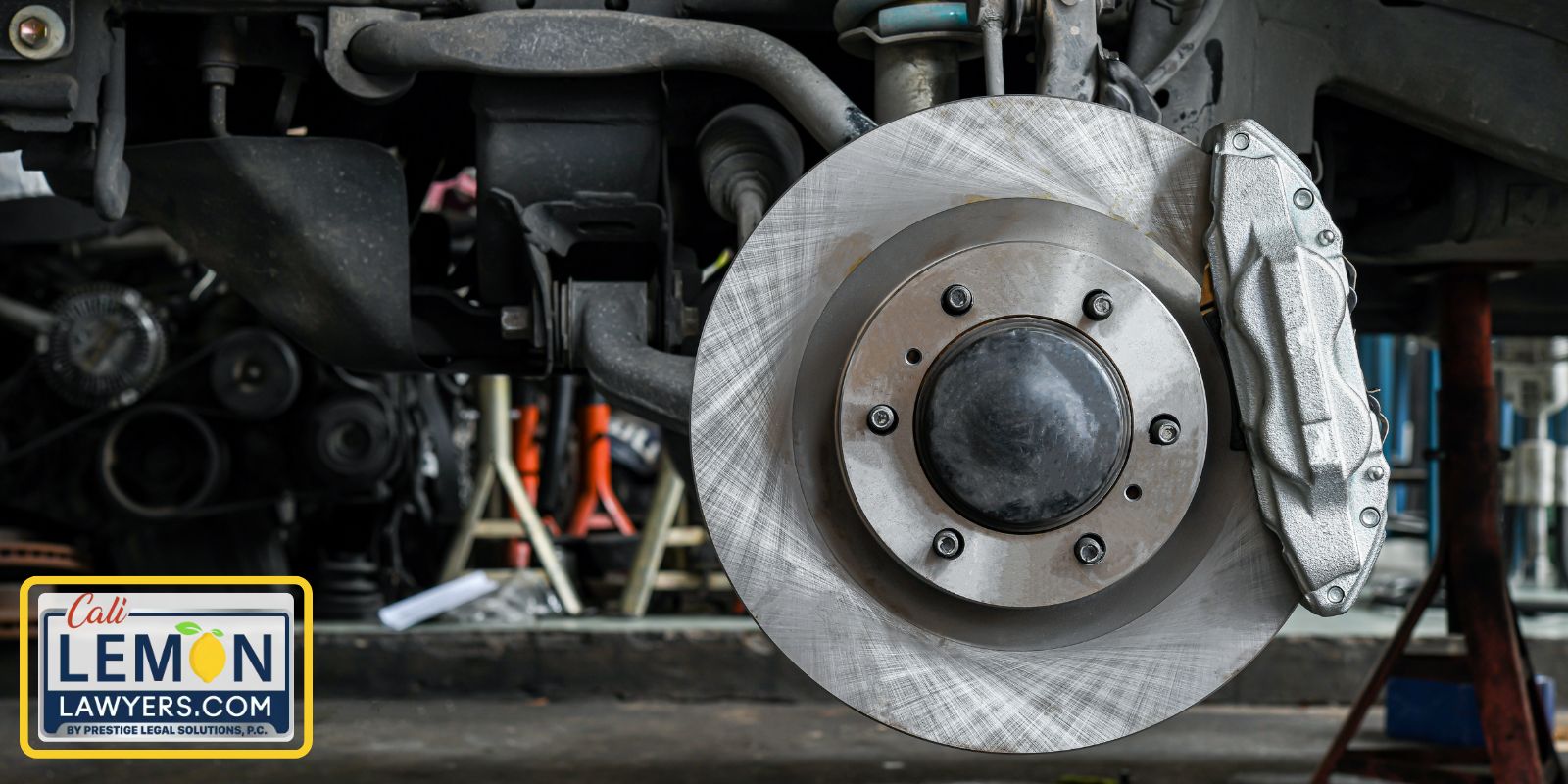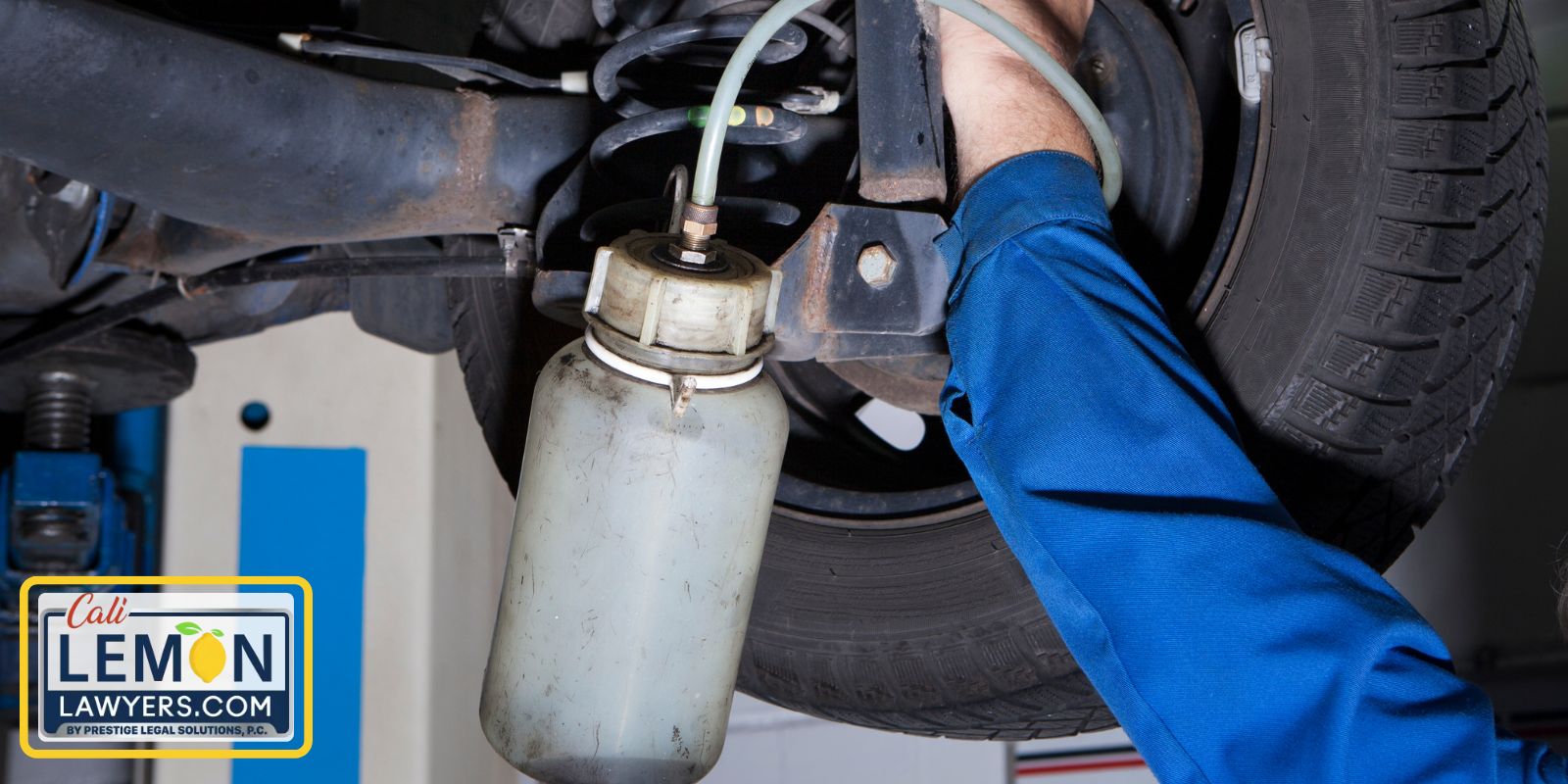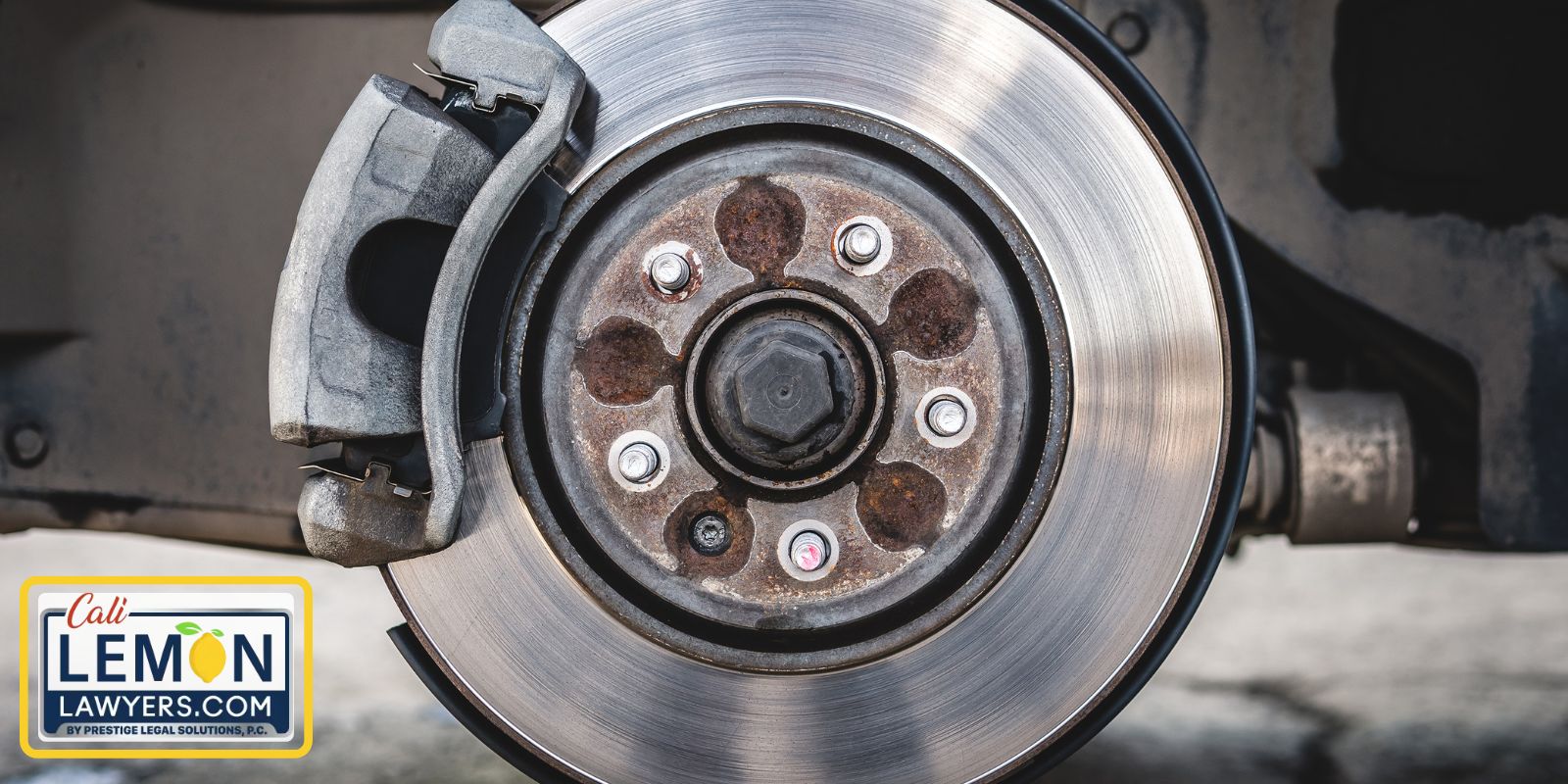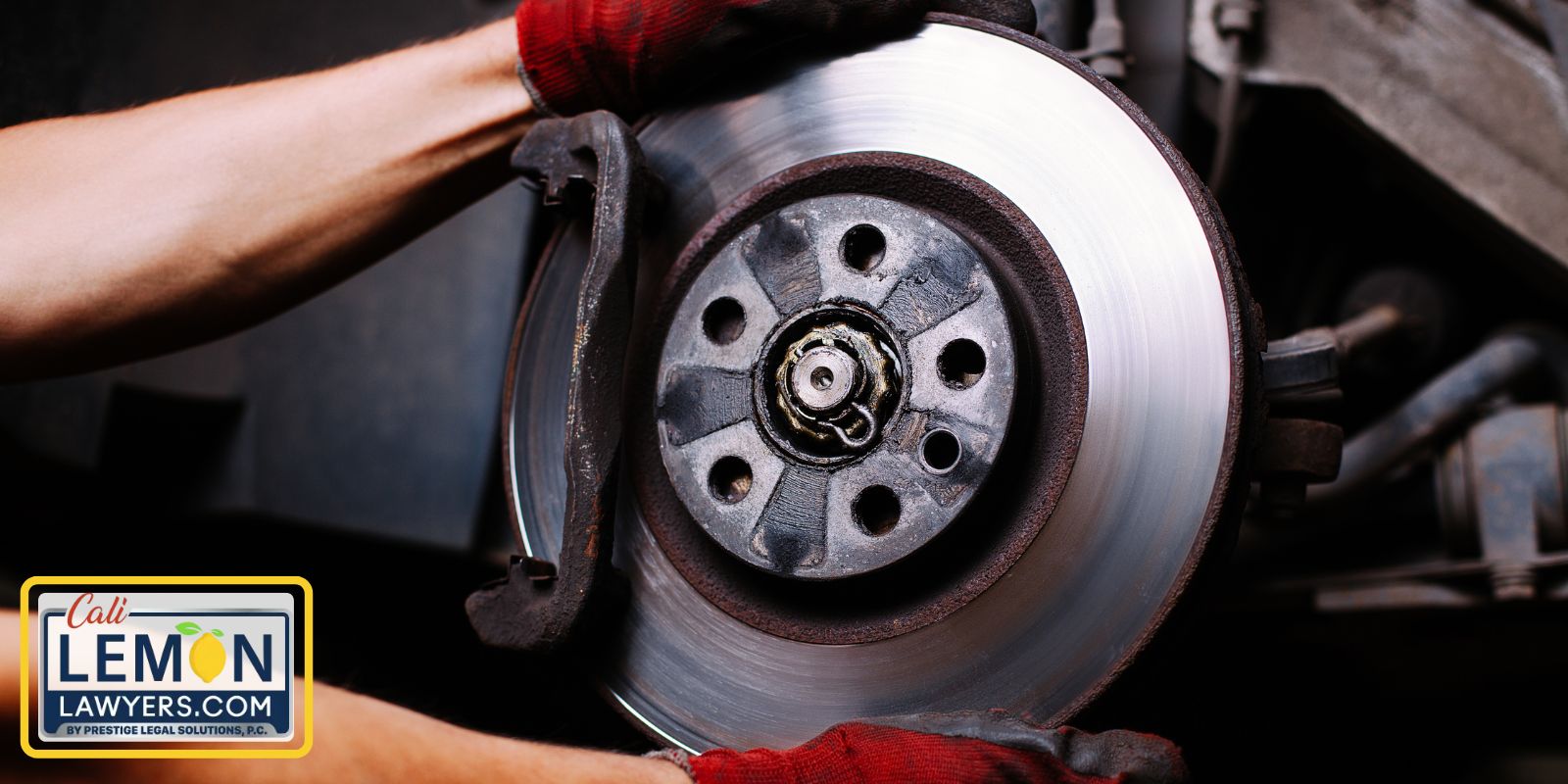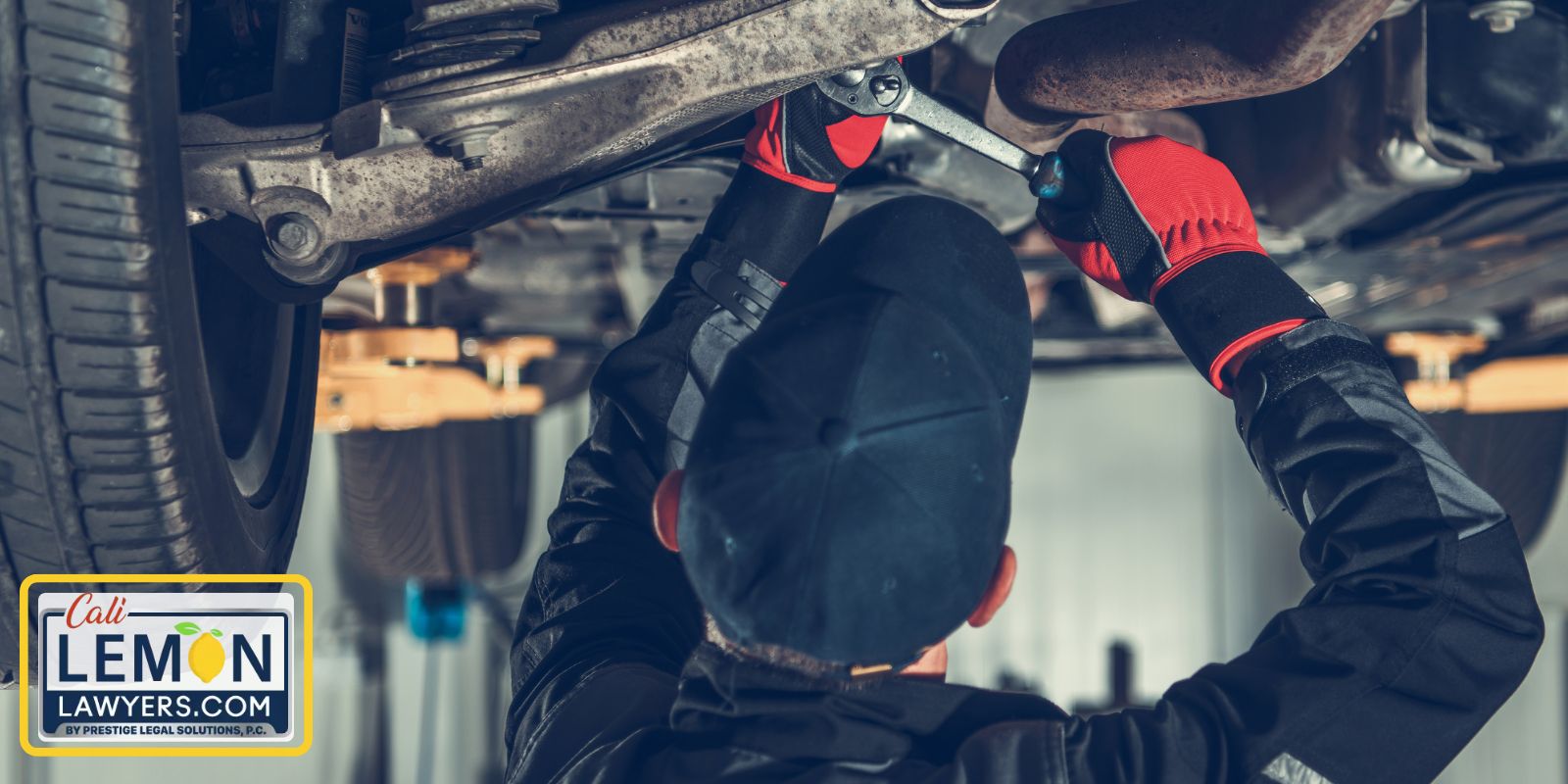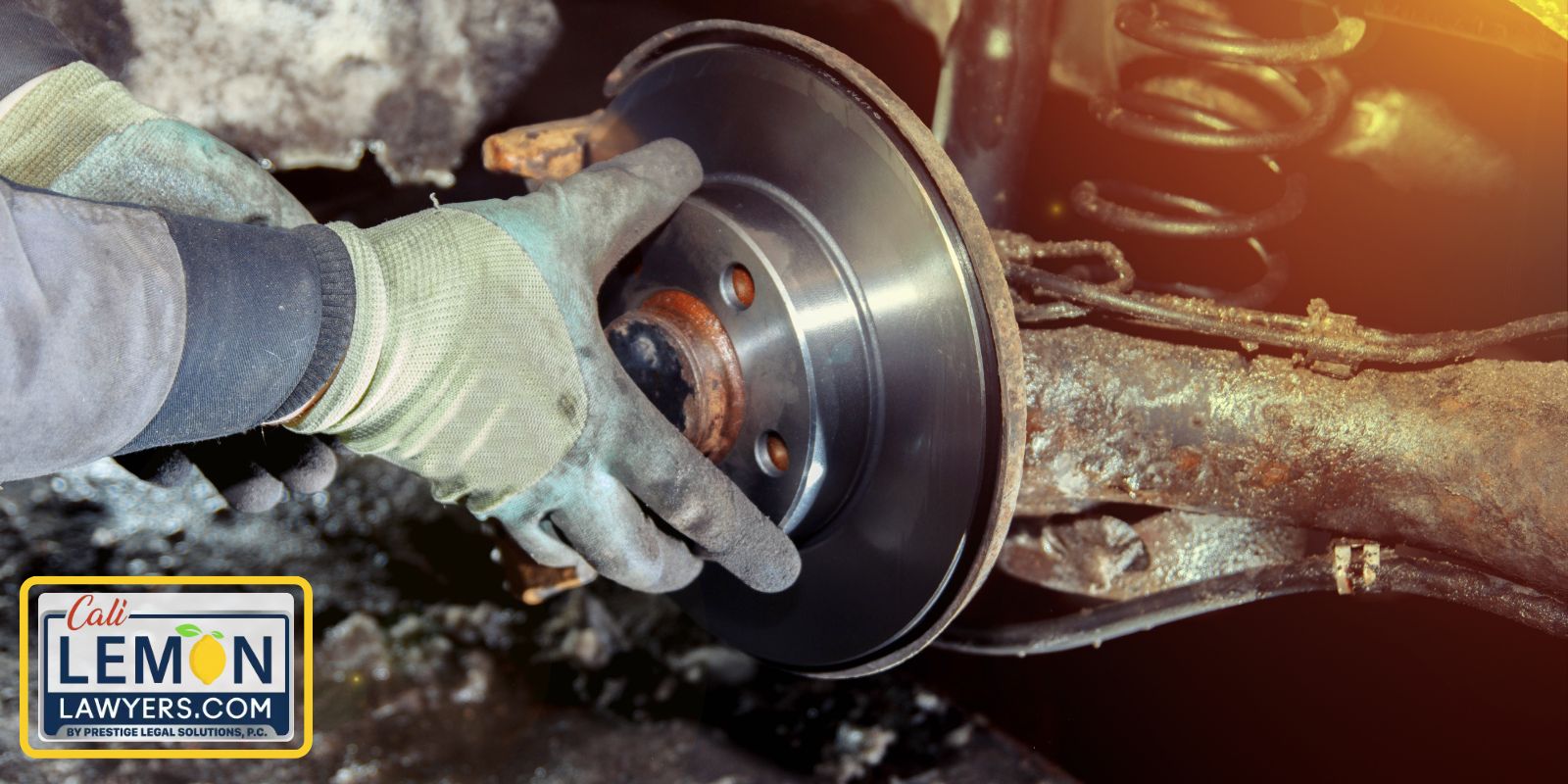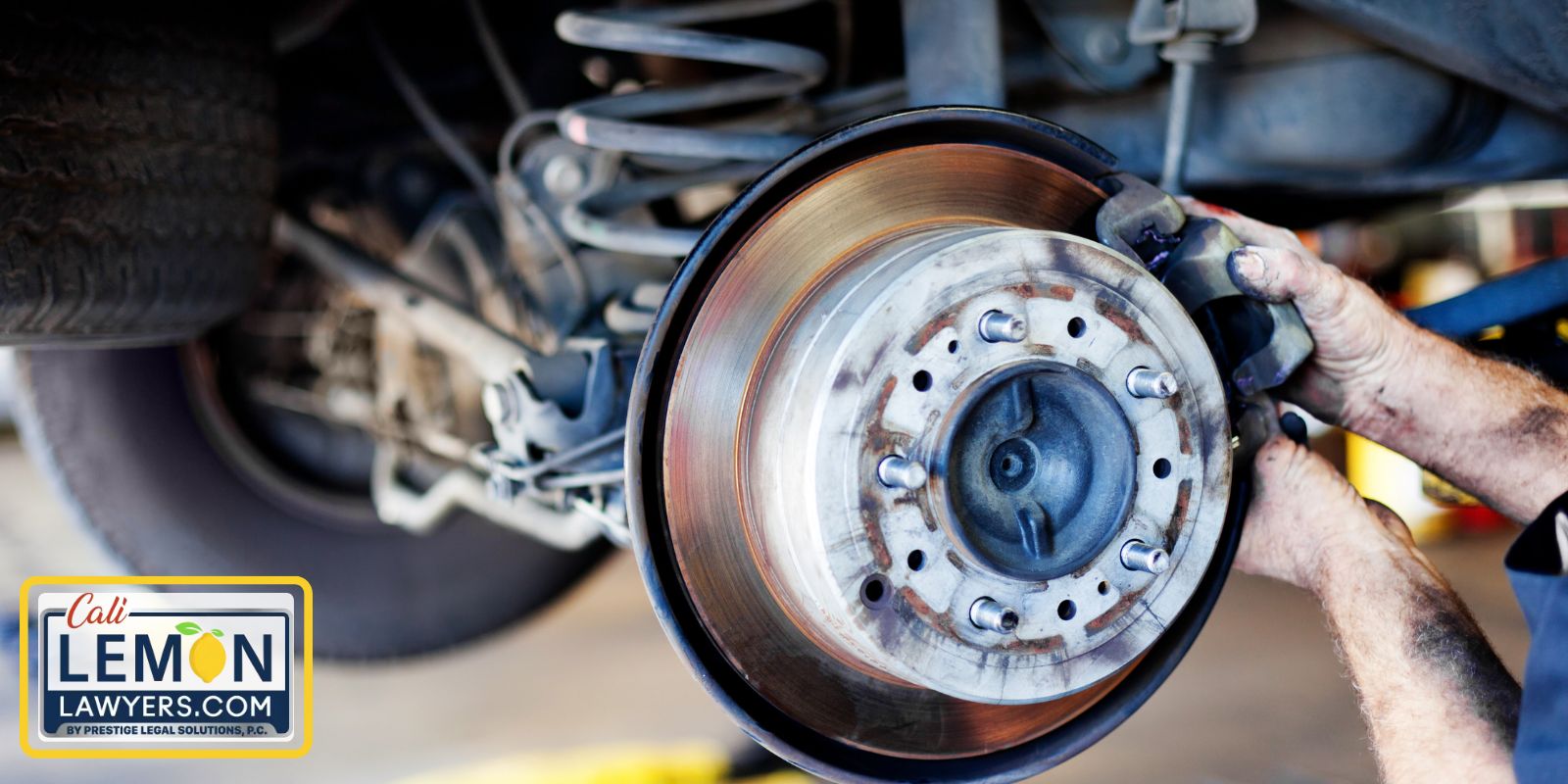
Why Does My Car Shake When I Brake?
Few things are more unnerving for a driver than experiencing a sudden jolt when stepping on the brake pedal. The shaking of your car when braking is not only alarming but also potentially dangerous. Your car’s brake system is critical to your safety on the road, and understanding why your car is shaking is crucial.
In this article, we’ll take a closer look at the most common reasons behind car shaking when braking, such as worn brake rotors, damaged suspension components, and more. We’ll also provide actionable steps to help you diagnose and address the issue, so you can get back to driving with confidence.
13 Reasons Why Your Car Shakes When You Brake
Based on common patterns reported by mechanics and drivers, here are 13 reasons why your car could be shaking when you break (most common reasons first and the least common last)
- Worn brake pads
- Warped brake rotors
- Uneven tire wear
- Suspension problems
- Wheel alignment issues
- Brake caliper problems
- Low brake fluid
- ABS system problems
- Loose or worn wheel bearings
- Engine problems
- Drivetrain issues
- Excessive brake dust
- Glazed brake pads
DISCLAIMER: This is not an exhaustive or precise ranking, and the actual cause of car shaking can be a combination of factors, so it’s important to have a mechanic diagnose the issue to ensure proper repair.
Driving a car under warranty that shakes when you brake? You may be entitled to a lemon law settlement. Contact Cali Lemon Lawyers for a FREE case evaluation. ¿Hablas Español? Contáctenos ahora para recibir más información.
Now, let’s dive into each of these reasons.
1. Worn Brake Pads
Worn brake pads are one of the most common causes of car shaking while braking. Over time, the friction material on the brake pads will wear down, reducing the pad’s ability to grip the rotor smoothly. When you apply the brakes, the pads may vibrate or pulsate, causing the steering wheel or brake pedal to shake. This shaking is often more pronounced at higher speeds.
When you brake, you can also experience shaking and hear a screaming or grinding sound. When brake pads are worn out too much, they may also harm the rotors, raising the cost of repairs. To avoid this problem and guarantee the safety of your car on the road, routine brake pad replacement and maintenance are crucial.
2. Warped Brake Rotors
Another frequent reason for a car to shake while braking is warped brake rotors. Your car’s braking system relies heavily on the brake rotors, which operate in tandem with the brake pads to slow down and stop your vehicle. The brake pedal and steering wheel may shake or pulse as a result of the warping or unevenness of the rotors that can happen when they overheat. The shaking may be more noticeable at higher speeds or when you apply the brakes more forcefully.
When you brake, you might experience some trembling in addition to a grinding sound or roughness. Hard braking, a lot of heat, or a bad installation all contribute to warped rotors. To ensure that your car’s braking system is operating at its best and to prevent future harm to other brake components, it is crucial to have your rotors inspected and replaced as necessary. Warped rotors can cause brake failure or additional brake system damage if ignored.
3. Uneven Tie Wear
Uneven tire wear is another common cause of car shaking while braking. If your car’s tires are worn unevenly, it can cause the car to vibrate when you apply the brakes, especially at higher speeds. Uneven tire wear can be caused by a variety of factors, such as improper tire inflation, worn suspension components, or poor wheel alignment. When your tires are not wearing evenly, it can cause the car to pull to one side, which can also be felt in the steering wheel when you apply the brakes.
You can look for bald areas or uneven wear on one side of the tire when examining the treads of the tire to identify uneven tire wear. In addition to ensuring a smooth ride and safe braking performance, regular tire rotation, wheel alignment, and adequate tire inflation can assist minimize uneven tire wear.
4. Suspension Problems
Suspension problems can also cause a car to shake when you apply the brakes. The suspension system is responsible for supporting the weight of the vehicle and providing a smooth ride by absorbing bumps and vibrations on the road. If suspension components such as ball joints, tie rod ends, or shock absorbers are worn or damaged, it can cause the wheels to become misaligned and the car to vibrate or shake when you apply the brakes. The shaking may be more noticeable at higher speeds or when you apply the brakes more forcefully. In addition to the shaking, you may also hear clunking or rattling noises when you drive over bumps or make turns.
To diagnose suspension problems, a mechanic can inspect the suspension components and test the alignment of the wheels. Proper maintenance and repair of the suspension system is important for safe and comfortable driving and to prevent damage to other car components.
5. Wheel Alignment Issues
Wheel alignment issues are another possible cause of car shaking while braking. Wheel alignment refers to the angle and direction of your car’s wheels, which affects how the tires make contact with the road surface. If your car’s wheels are not properly aligned, it can cause the tires to wear unevenly and the car to vibrate or shake, especially when you apply the brakes. Other signs of poor wheel alignment include the car pulling to one side or the steering wheel being off-center when driving straight. Common causes of poor wheel alignment include hitting potholes or curbs, worn suspension components, or improper tire inflation.
Have a mechanic assess the alignment angles and make any necessary adjustments to diagnose wheel alignment problems. A properly aligned set of wheels may assure good handling and braking performance, save fuel consumption, and minimize uneven tire wear.
6. Brake Caliper Problems
Brake caliper problems are another possible cause of car shaking while braking. The brake calipers are responsible for holding the brake pads against the rotors to slow down and stop the car. If a caliper becomes stuck or seized, it can cause uneven wear on the brake pads, which can result in shaking when you apply the brakes. A stuck or seized caliper can also cause the brake pedal to feel soft or spongy, or the car to pull to one side. This can be caused by factors such as corrosion, dirt, or air in the brake lines, or problems with the brake hoses or master cylinder.
Have a mechanic assess the alignment angles and make any necessary adjustments to diagnose wheel alignment problems. A properly aligned set of wheels may assure good handling and braking performance, save fuel consumption, and minimize uneven tire wear.
7. Low Brake Fluid
Low brake fluid levels can also cause a car to shake when you apply the brakes. Brake fluid is responsible for transmitting the force from the brake pedal to the brake calipers, which then apply the brake pads to the rotors. If the brake fluid level is low, it can reduce the hydraulic pressure in the brake system, causing the brake pedal to feel spongy or soft, and the car to shake or vibrate when you apply the brakes. Low brake fluid levels can be caused by factors such as leaks in the brake system, worn brake pads, or a problem with the master cylinder. Regular brake fluid level checks and brake system inspections are important to maintain the safety and performance of your car’s braking system.
If you suspect low brake fluid levels, it’s important to have your brake system inspected by a qualified mechanic to diagnose and address the issue promptly.
8. ABS System Problems
Issues with the anti-lock brake system (ABS) can also cause a car to shake when you apply the brakes. The ABS is a safety feature that prevents the wheels from locking up and skidding during hard braking or slippery conditions. If the ABS system is malfunctioning, it can cause the brake pedal to vibrate or pulse, or the car to shake when you apply the brakes. This can be caused by a variety of factors, such as a malfunctioning ABS sensor, a problem with the ABS module or pump, or issues with the brake lines or fluid.
A mechanic can use a specialized diagnostic instrument to read the ABS system’s fault codes and test each individual component to identify the issues with the ABS system. The ABS system must be properly maintained and repaired if it is to operate the brakes safely and consistently, especially under difficult driving circumstances.
9. Loose or Worn Wheel Bearings
Loose or worn wheel bearings are another less common cause of car shaking when braking. Wheel bearings are a critical component of your car’s suspension system, and they help the wheels rotate smoothly and reduce friction. If a wheel bearing becomes worn or loose, it can cause the wheel to wobble and the car to shake, particularly when you apply the brakes. Other signs of worn wheel bearings include a humming or grinding noise coming from the wheels or uneven tire wear.
A mechanic can examine the wheel bearings and listen for loud noises or excessive play to identify wheel bearing issues. Driving safely and comfortably as well as avoiding future harm to other car parts depend on proper wheel bearing maintenance and replacement.
10. Engine Problems
Engine problems can also cause a car to shake, which may be felt when you apply the brakes. A misfiring engine or worn engine mounts can cause the car to vibrate or shake at idle, which may be more pronounced when you apply the brakes. Other signs of engine problems may include a loss of power, rough idle, or a check engine light on the dashboard. To diagnose engine problems, a mechanic can use diagnostic tools to read error codes and test the individual components.
Proper engine maintenance, such as regular oil changes and tune-ups, is important for preventing engine problems and ensuring optimal performance. Addressing engine problems promptly can prevent further damage to the engine and other car components and help maintain safe and reliable driving.
11. Drivetrain Issues
Drivetrain issues, such as a worn or damaged driveshaft or CV joint, can also cause a car to vibrate and shake when you apply the brakes. The driveshaft and CV joints are responsible for transferring power from the engine to the wheels, and if they become worn or damaged, they can cause the car to vibrate or shake, especially when you apply the brakes.
Other signs of drivetrain issues may include a clunking or rattling noise or difficulty shifting gears. To diagnose drivetrain issues, a mechanic can inspect the driveshaft, CV joints, and other drivetrain components and test for proper function.
12. Excessive Brake Dust
Excessive brake dust can cause a car to shake when you apply the brakes, particularly at high speeds. Brake dust is a byproduct of brake pad wear, and if it accumulates on your wheels, it can cause them to become unbalanced, resulting in shaking or vibration when you apply the brakes.
Regular cleaning of your wheels and brake pads can help prevent excessive brake dust buildup and ensure smooth braking performance.
13. Excessive Brake Dust
Glazed brake pads can cause a car to shake when you apply the brakes. Glazed brake pads occur when the pads become overheated, causing the friction material to harden and lose its ability to grip the rotors. This can cause the brakes to vibrate or pulsate, especially when you apply the brakes more forcefully.
In addition to the shaking, you may also hear a squealing or grinding noise when you brake. Glazed brake pads can be caused by factors such as hard braking or using the brakes excessively, and regular brake maintenance and replacement can help prevent this issue.
Bottom Line: What To Do If Your Car Shakes When You Break
Wearing brake pads, distorted brake rotors, and suspension issues are a few of the frequently occurring causes of car trembling when braking. Wheel bearings that are loose or worn, engine troubles, and drivetrain problems are additional, less frequent causes. Now that you are aware of the above, please make sure to maintain your car’s brakes and other parts to avoid problems from arising and to guarantee reliable and safe driving.
If your car is under warranty and cannot be fixed, you may have a lemon law claim. Contact us today to see how we can help you file your claim at no cost to you!
Start Your FREE Case Review
or give us a call at:

Start Your FREE Case Review


